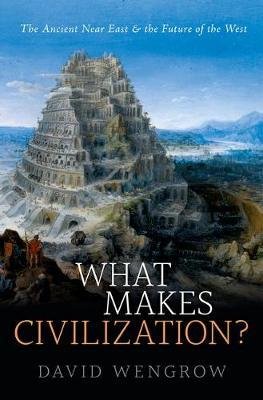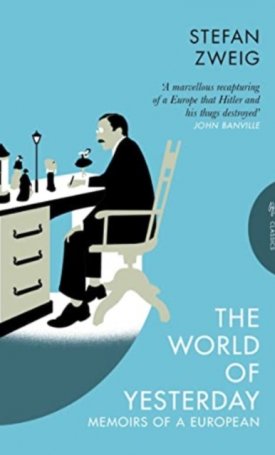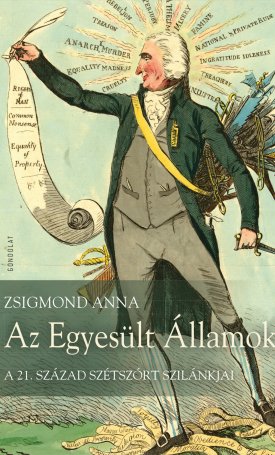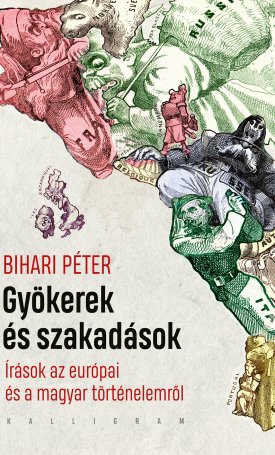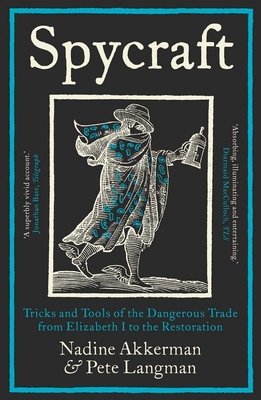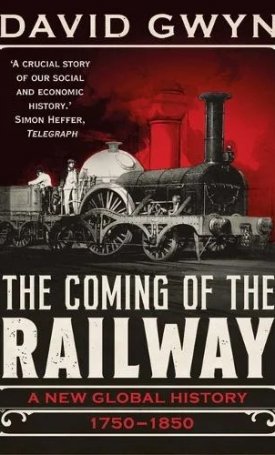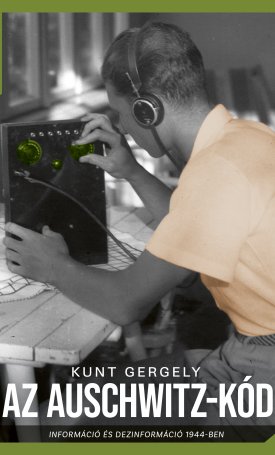What Makes Civilization? - The Ancient Near East and the Future of the West
What Makes Civilization? - The Ancient Near East and the Future of the West
A vivid account of the `birth of civilization` in ancient Egypt and Mesopotamia, from prehistoric times to the age of pyramids
Looks at these two seminal civilizations side by side, showing how they mixed with and borrowed from each other over the centuries
Deals with everything from the creation of cities, kingdoms, and monumental temples to the birth of `everyday` practices such as cooking food and keeping the house and body clean
Concludes with a telling comparison between the ancient Near East and more recent attempts to reshape the world to an ideal image
New to this Edition:
Addresses the significance of major social and geo-political changes in the Middle East since the first edition, including the Arab Spring and ISIS.
Our attachment to ancient Mesopotamia (Iraq) and Egypt as the `birthplace of civilization`, where the foundations of our own societies were laid, is as strong today as it has ever been. When the Iraq Museum in Baghdad was looted in 2003, our newspapers proclaimed `the death of history`. Yet the ancient Near East also remains a source of mystery: a space of the imagination where we explore the discontents of modern civilization.
In What Makes Civilization? archaeologist David Wengrow investigates the origins of farming, writing, and cities in Egypt and Mesopotamia, and the connections between them. This is the story of how people first created kingdoms and monuments to the gods — and, just as importantly, how they adopted everyday practices that we might now take for granted, such as familiar ways of cooking food and keeping the house and body clean.
Why, he asks, have these ancient cultures, where so many features of modern life originated, come to symbolize the remote and the exotic? What challenge do they pose to our assumptions about power, progress, and civilization in human history? And are the sacrifices we now make in the name of `our` civilization really so different from those once made by the peoples of Mesopotamia and Egypt on the altars of the gods?
Table of Contents
Chronological Chart
Preface and Acknowledgements
Introduction: a clash of civilizations?
Part One: The Cauldron of Civilization
1: Camouflaged Borrowings
2: On the Trail of Blue-Haired Gods
3: Neolithic Worlds
4: The (First) Global Village
5: Origin of Cities
6: From the Ganges to the Danube: the Bronze Age
7: Cosmology and Commerce
8: The Labours of Kingship
Part Two: Forgetting the Old Regime
9: Enlightenment from a Dark Source
10: Ruined Regimes: Egypt at the Revolution
Conclusion: What Makes Civilization?
Further Reading
Index
David Wengrow is Professor of Comparative Archaeology at the UCL Institute of Archaeology. He also held positions at Christ Church, University of Oxford, the Warburg Institute, and the Institute of Fine Arts, New York University. He has conducted fieldwork in Africa and the Middle East, most recently in Iraqi Kurdistan, and writes widely on the early cultures and societies of those regions, including their role in shaping modern political identities.




